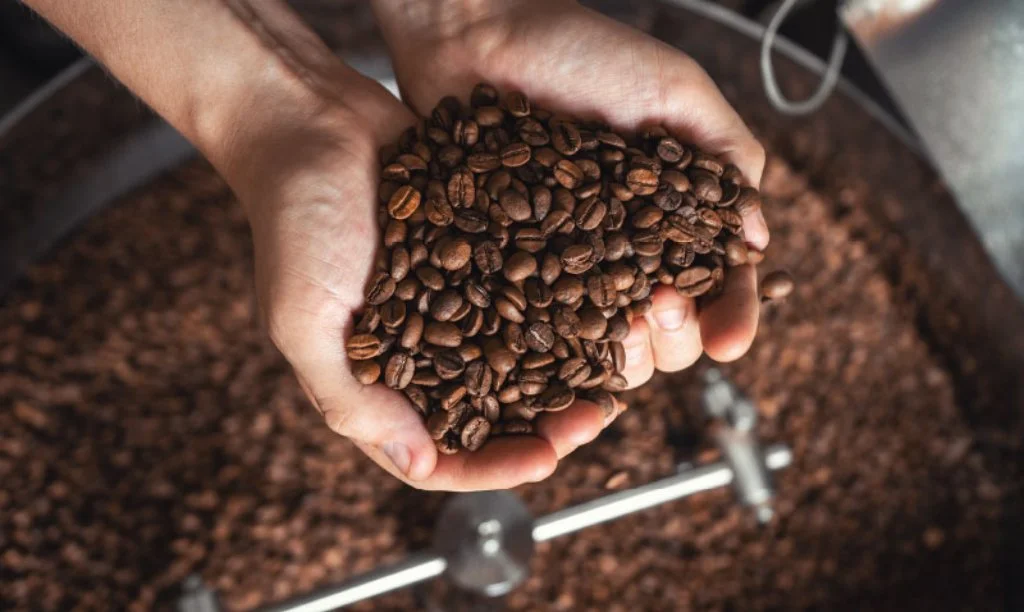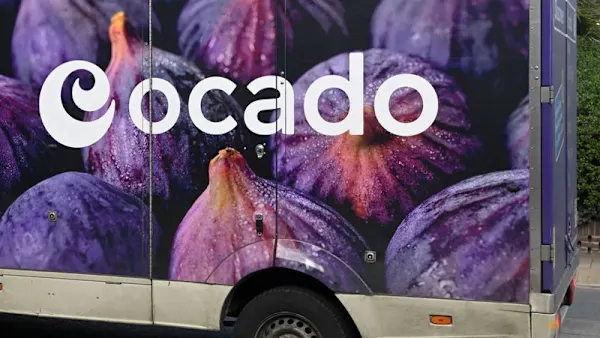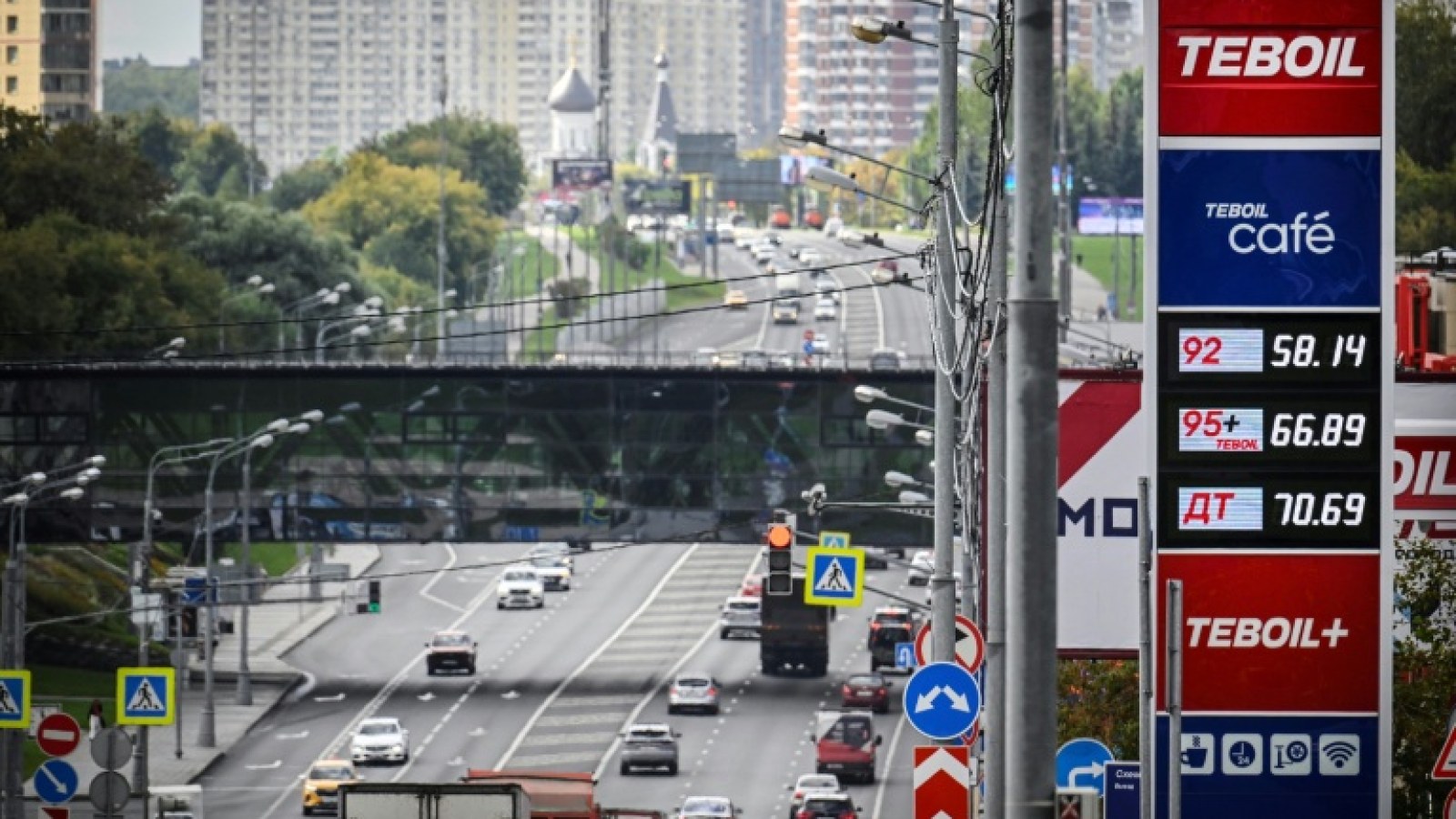By RT Staff Reporters
Copyright riotimesonline

In August 2025, Brazil’s specialty coffee exports to the United States fell 79.5% compared to the same month in 2024, according to the Brazilian Specialty Coffee Association and Cecafé, the country’s official exporters council.
Brazil shipped only 21,679 bags to the U.S., a sharp drop from previous volumes. The decline followed the implementation of a 50% import tariff by the Trump administration on these high-end coffees.
Before the tariff, the U.S. was Brazil’s leading buyer of specialty coffee. By August, it had dropped to sixth place, with the Netherlands, Germany, Belgium, Italy, and Sweden importing more.
At the same time, soluble coffee shipments to the U.S. also fell by about 60%, based on figures from the Brazilian Soluble Coffee Industry Association.
This tariff spike instantly changed longstanding business relations. American importers paused or canceled many contracts because the higher costs made the premium coffee nearly impossible to sell.
The direct impact went beyond exporters—farmers, producers, and shipping companies across Brazil’s coffee belt faced losses. For U.S. consumers, market data show that the sudden shortage of Brazilian high-quality beans pushed retail prices up.
Some coffee shop owners started changing blends or raising prices, which contributed to inflation at the checkout. Industry leaders in Brazil warn that if the standoff continues, the shift could permanently damage the international supply chain the two countries built over decades.
Brazil’s coffee organizations and trade leaders now push for urgent talks between Brazil and the U.S. to renegotiate or find a diplomatic solution that could bring the tariffs down.
They point to an executive order signed by President Trump on September 5, 2025, which allows lower tariffs for strategic goods under certain commercial agreements, hoping coffee could qualify.



